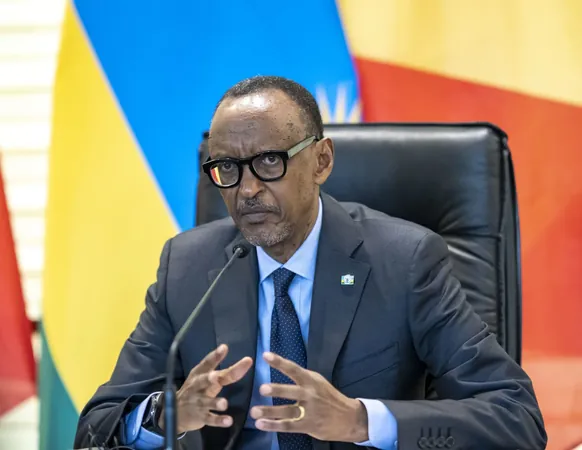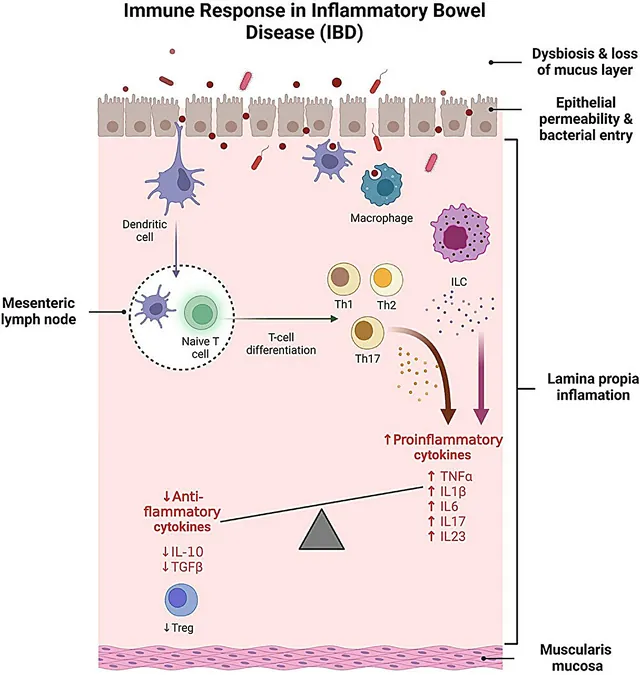
Victory Over Marburg: U.S. Lifts Travel Advisory for Rwanda Amidst Successful Containment Efforts
2024-11-23
Author: Mei
Lifting of Travel Advisory
In a landmark decision, the Africa Centres for Disease Control and Prevention (Africa CDC) praised the United States for lifting its Level 3 Travel Health Notice regarding the Marburg virus outbreak in Rwanda, which had been put in place on October 7, 2024. This advisory, which effectively functioned as a travel ban, had severely impeded American citizens' ability to travel to Rwanda and inflicted significant economic hardships as the country battled a serious public health crisis.
Rwanda's Response to the Outbreak
This commendable U.S. decision underscores Rwanda's exceptional response to the Marburg outbreak, showcasing the nation’s leadership and innovative management strategies that have become exemplary in the fight against infectious diseases. The Africa CDC remarked that this move also reinforces global confidence in Rwanda's commitment to public health safety.
Marburg Outbreak Details
The outbreak, declared by Rwanda on September 27, 2024, was identified as a zoonotic disease transmitted from bats, posing a high mortality risk with fatality rates potentially exceeding 80% if not addressed. In response, the Africa CDC quickly assembled a team of over 30 public health specialists and essential resources within just 24 hours to assist Rwanda's efforts.
Role of the Africa CDC
Through its interventions, the Africa CDC played a crucial role by establishing an effective laboratory network, reinforcing surveillance systems, and engaging communities to enhance awareness and response strategies. The organization’s Director General exhibited exceptional leadership by prioritizing Africa's urgent health issues, such as Mpox and Marburg, over international engagements, even opting out of significant global events to provide direct support in Rwanda alongside President Paul Kagame and Health Minister Dr. Sabin Nsanzimana.
Statement from Minister Nsanzimana
Minister Nsanzimana stated, 'Africa CDC’s commitment was vital in ensuring the Marburg outbreak remained contained within our borders, preventing further regional or international spread.'
Request to U.S. Government
Acknowledging Rwanda's remarkable progress in managing the outbreak, the Africa CDC’s Director General formally requested the U.S. government reassess and lift the travel advisory through a letter delivered via the U.S. Ambassador to the African Union on November 18, 2024. The request highlighted Rwanda's effective outbreak management strategies and the urgency of restoring travel confidence.
Future Prospects for Rwanda
As Rwanda looks forward to an official resolution of the Marburg outbreak—anticipated on December 12, 2024, contingent on 42 days without new cases since October 30, 2024—the Africa CDC pledges continuous support in monitoring the situation.
Global Cooperation and Health Security
In a show of gratitude, the Africa CDC recognized the trust and collaboration from African nations, communities, and emphasized the importance of global cooperation over travel restrictions during health emergencies.
Continued Partnership with the U.S.
The U.S. continues to be a crucial ally in Africa's health initiatives. The Africa CDC is committed to strengthening this partnership, advocating for collaborative efforts to bolster health systems continent-wide as part of a proactive response strategy to outbreaks, emphasizing the critical lesson from the COVID-19 pandemic: no one is safe until everyone is safe.
Call for Sustainable Resources
Lastly, President Kagame has called for a concerted effort to mobilize sustainable resources for African health institutions in his recent communication with African leaders on November 7, 2024. A key summit scheduled for February 14, 2025, in Addis Ababa aims to unite African Heads of State, private sector leaders, and global partners to discuss long-term funding opportunities for the Africa CDC and other health initiatives.
Collective Vision for Africa
'Together, we can build a resilient and self-sufficient Africa, safeguarding the health of 1.4 billion people and enhancing global health security,' concluded the CDC's statement, reinforcing a collective vision for the continent's future.




 Brasil (PT)
Brasil (PT)
 Canada (EN)
Canada (EN)
 Chile (ES)
Chile (ES)
 España (ES)
España (ES)
 France (FR)
France (FR)
 Hong Kong (EN)
Hong Kong (EN)
 Italia (IT)
Italia (IT)
 日本 (JA)
日本 (JA)
 Magyarország (HU)
Magyarország (HU)
 Norge (NO)
Norge (NO)
 Polska (PL)
Polska (PL)
 Schweiz (DE)
Schweiz (DE)
 Singapore (EN)
Singapore (EN)
 Sverige (SV)
Sverige (SV)
 Suomi (FI)
Suomi (FI)
 Türkiye (TR)
Türkiye (TR)